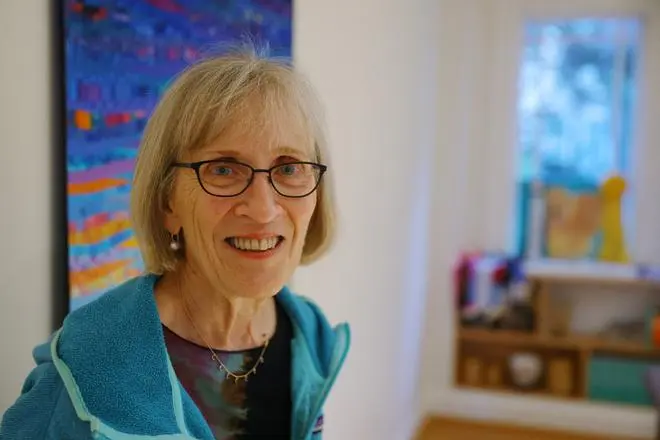The recognition of the work of economist Claudia Goldin and human rights activist Narges Mohammadi by the Nobel Committee is commendable.

Claudia Goldin, Harvard Professor
Goldin, a Professor at Harvard, has spent years studying the US’ labour market and the causes of wage disparity in that country. She has shown that education and the type of jobs were the main causes of the gender gap in earnings historically. Her studies show that the participation of married women in the labour market fell when that country transitioned from an agrarian economy to an industrial one. The growth of the services industry in the 20th century, more educated women and access to healthcare like contraceptives, played a part in getting women back into the workforce. However, this gap did not close. Goldin’s research shows that this gap largely arises with the birth of the first child.
In the US, concerns about high student debts, weak labour markets and high costs of living weigh on the youth. This wage gap doesn’t help. In this situation, it isn’t surprising that women are choosing (if at all) to have babies later in life.
Narges Mohammadi is currently lodged in an Iranian prison for speaking against the death penalty and for seeking equal rights for women in her country. According to the Nobel Committee, she has been arrested 13 times, convicted five times and has been sentenced to 31 years in prison and 154 lashes.
Mohammadi’s fight is important as Iran shared space with Afghanistan and Pakistan at the bottom of the WEF Global Gender Gap report, 2022. Mohammadi, and other women like her, are fighting for their very existence.
This Nobel Committee’s recognition of Mohammadi’s activism and Goldin’s academic work shows that women get the shorter end of the stick no matter which part of the world they are born in. It shows that we have miles to go before we can achieve gender parity.




